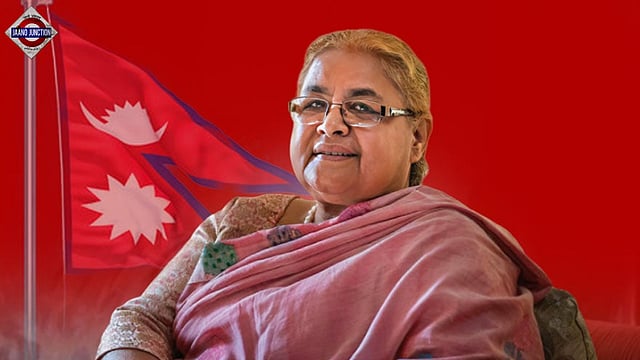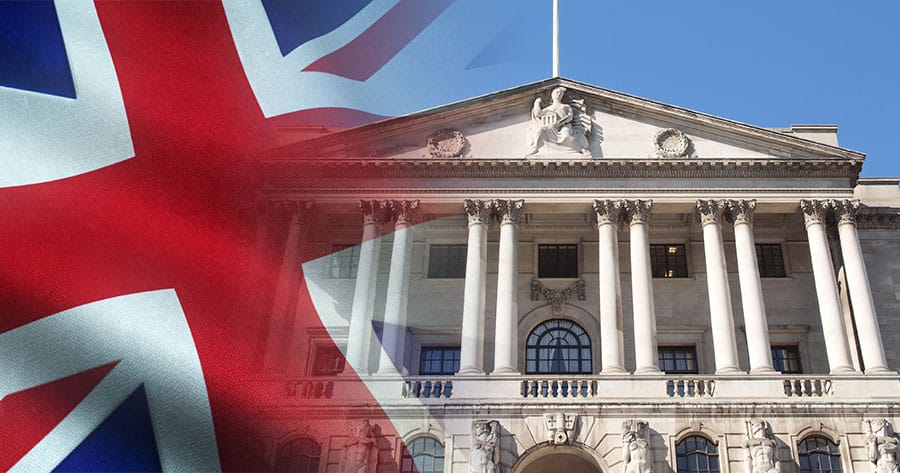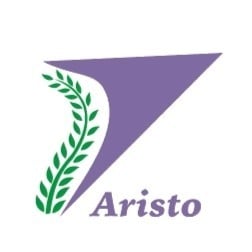 Image Source: Jaano Junction
Image Source: Jaano Junction
In a historic and urgent political transition, Nepal has appointed former Chief Justice Sushila Karki as its interim leader following the resignation of Prime Minister K.P. Sharma Oli. The decision, announced by the president’s office, comes in the wake of violent anti-corruption protests that have shaken the nation and led to the dissolution of Parliament. Karki, 73, becomes the first woman to lead Nepal’s executive branch, marking a pivotal moment in the country’s democratic evolution.
Key developments at a glance
• Sushila Karki appointed interim Prime Minister of Nepal
• Parliament dissolved following Gen Z-led protests and military negotiations
• At least 51 people killed and over 1,300 injured in recent unrest
• Karki to form a three-member Cabinet and lead transitional governance
Background to the crisis
Nepal plunged into political chaos earlier this week after mass protests erupted over corruption allegations and a controversial social media ban. The demonstrations, largely led by Gen Z activists, escalated into violent clashes with security forces. Government buildings were torched, prisons stormed, and the capital Kathmandu resembled a war zone. The death toll reached 51, with more than 1,300 injured and thousands arrested or displaced.
1. The protests began on September 8, triggered by a government crackdown on digital platforms
2. Demonstrators demanded transparency, accountability, and systemic reform
3. The Nepalese Army imposed curfews and checkpoints to restore order
4. Prime Minister Oli resigned on September 10 amid mounting pressure
Selection of the interim leader
Following two days of negotiations between protest leaders, the Army, and President Ram Chandra Paudel, Sushila Karki emerged as the consensus candidate to lead the interim government. Her reputation for judicial integrity and independence made her a unifying figure across political and civil society factions.
1. Karki served as Nepal’s first female Chief Justice from 2016 to 2017
2. She is known for landmark rulings on corruption and constitutional accountability
3. Her appointment was endorsed by Gen Z groups and Kathmandu Mayor Balendra Shah
4. Karki will take oath at 8:45 PM local time and immediately begin forming a transitional Cabinet
Governance roadmap and immediate priorities
Karki’s interim administration will be tasked with stabilizing the country, restoring public trust, and preparing for fresh elections. Her three-member Cabinet is expected to include technocrats and legal experts rather than career politicians, reflecting a shift toward merit-based governance.
1. The interim government will oversee electoral reforms and anti-corruption legislation
2. A national reconciliation commission may be formed to address protest grievances
3. Emergency relief measures will be rolled out for victims of violence and displacement
4. International observers are expected to monitor the transition process
Public and international response
The appointment of Sushila Karki has been met with cautious optimism. Youth groups have hailed the decision as a victory for civic activism, while global leaders have urged restraint and support for democratic norms. Former King Gyanendra expressed solidarity with the anti-corruption cause but condemned the bloodshed.
1. India, China, and the United Nations have called for peaceful resolution and institutional stability
2. Civil aviation authorities resumed flights between Kathmandu and Delhi to evacuate stranded citizens
3. Social media platforms have been partially restored, with oversight from the interim administration
4. Public sentiment remains tense but hopeful, with widespread calls for transparency and reform
Conclusion
Nepal stands at a crossroads. The appointment of Sushila Karki as interim Prime Minister is both a symbolic and strategic move to guide the nation through its most volatile political moment in recent history. Her leadership will be tested by the urgency of reform, the weight of public expectation, and the need to rebuild democratic institutions. As the country begins its transition, all eyes are on Karki’s ability to deliver stability, justice, and a renewed vision for Nepal’s future.
Sources: CNBC TV18, Financial Express, Firstpost, OneIndia, The Hindu, India Today, Gulf News
Advertisement
Advertisement






